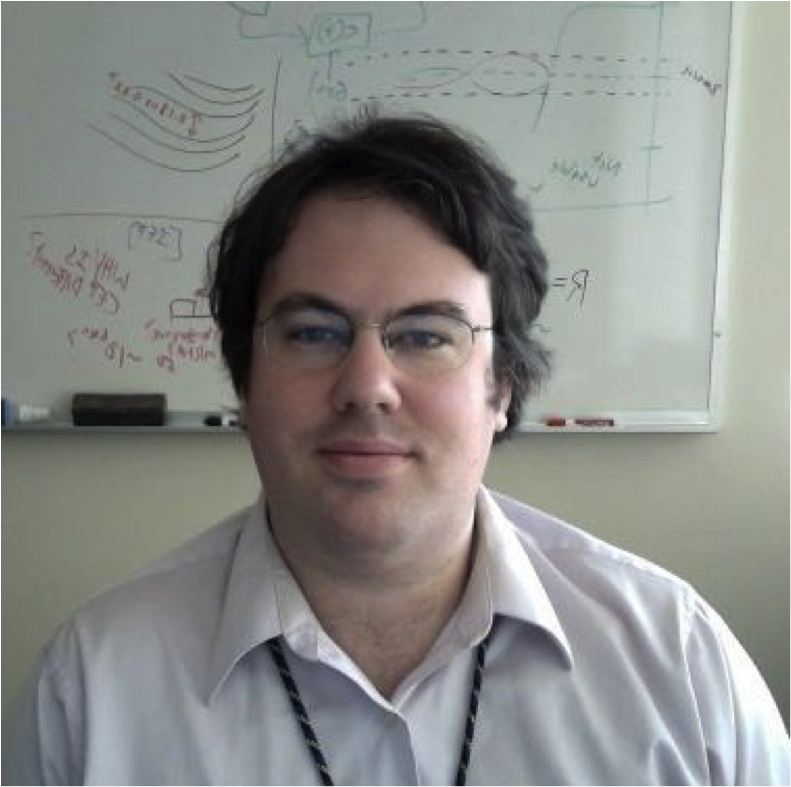IEEE Computer Society and GBC/ACM
7:00 PM, Thursday, 11 May 2017
MIT Room E51-325
Engineering Complex Behaviors in Biological Organisms
Jake Beal
Engineering biological cells to perform computations has a broad range of important potential applications, including precision medical therapies, biosynthesis process control, and environmental sensing. Recent years have seen the development of a profusion of synthetic biology tools, largely falling into two categories: high-level "design" tools aimed at mapping from organism specifications to nucleic acid sequences implementing those specifications, and low-level "build and test" tools aimed at faster, cheaper, and more reliable fabrication of those sequences and assays of their behavior in engineered biological organisms. Between the two families, however, there is a major gap: we still largely lack the predictive models and component characterization data required to effectively determine which of the many possible candidate sequences considered in the design phase are the most likely to produce useful results when built and tested. Recently, however, significant advances have been made against three key engineering obstacles: development of fast high-precision characterization methods based on calibrated flow cytometry, construction of combinatorial libraries of high-performance synthetic regulatory devices, and derivation of methods capable of high-precision prediction of new biological computational systems from models of their component regulatory devices. Such enabling developments are, in turn, likely to allow high-level tools to break the design barrier and support rapid development of transformative biological applications.
Dr. Jacob Beal is a scientist at BBN Technologies and a research affiliate of MIT and the University of Iowa. His research interests focus on analyzing and engineering complex aggregates, such as engineered and natural cells, genetic regulatory networks, sensor networks, and robot swarms.
This joint meeting of the Boston Chapter of the IEEE Computer and GBC/ACM will be held in MIT Room E51-325. E51 is the Tang Center on the corner of Wadsworth and Amherst Sts and Memorial Dr.; it's mostly used by the Sloan School. You can see it on this map of the MIT campus. Room 325 is on the 3rd floor.
Up-to-date information about this and other talks is available online at https://ewh.ieee.org/r1/boston/computer/. You can sign up to receive updated status information about this talk and informational emails about future talks at https://mailman.mit.edu/mailman/listinfo/ieee-cs, our self-administered mailing list.
Updated: April 20, 2017.
